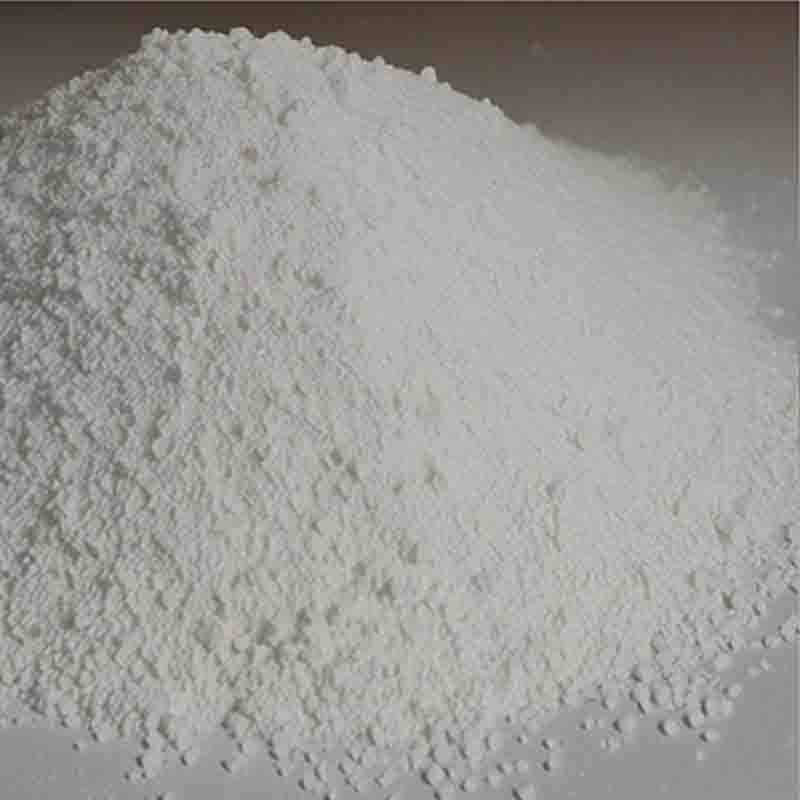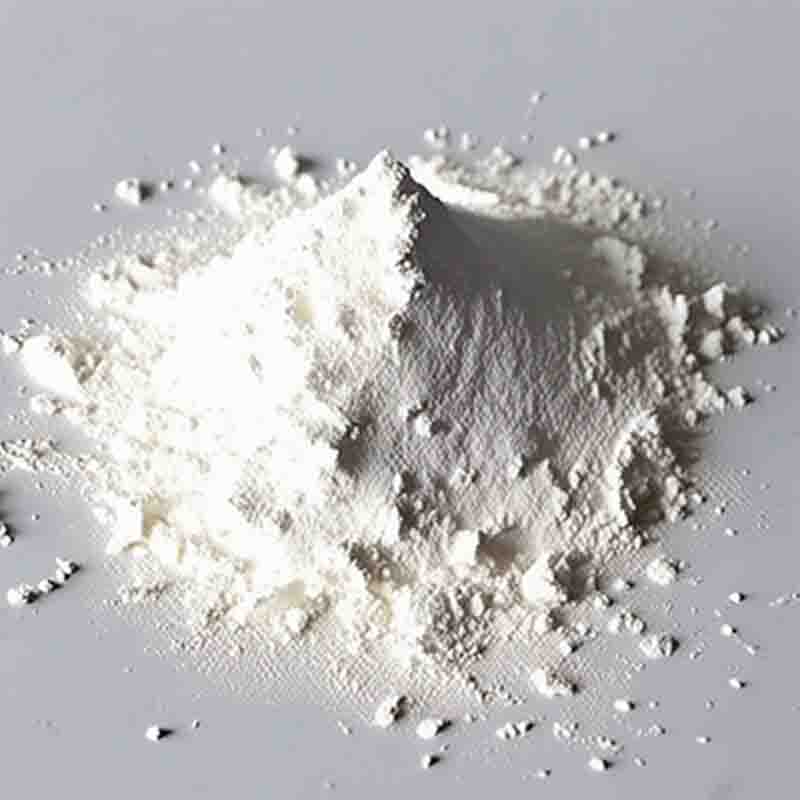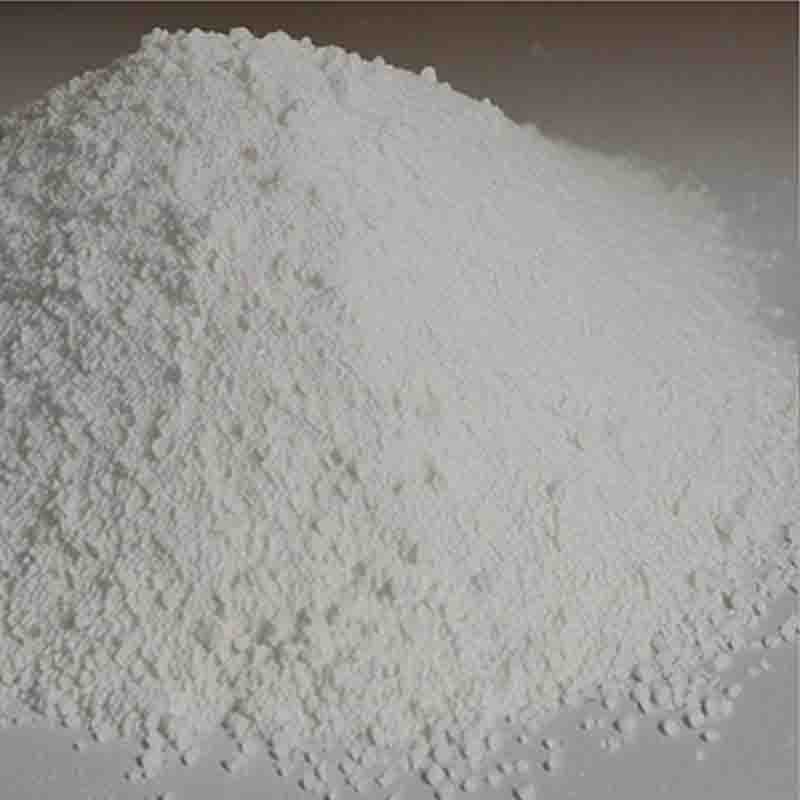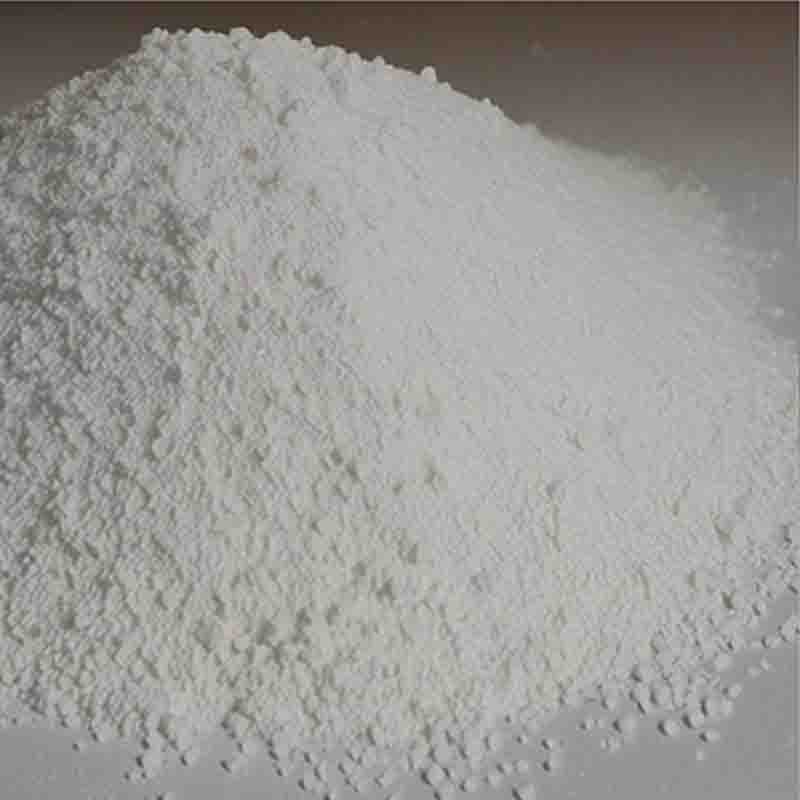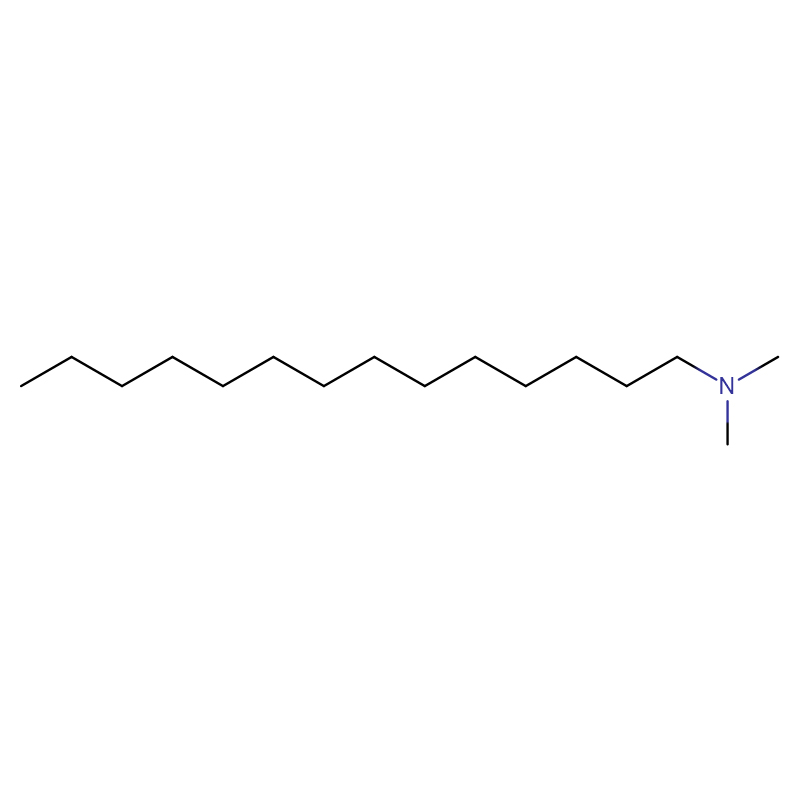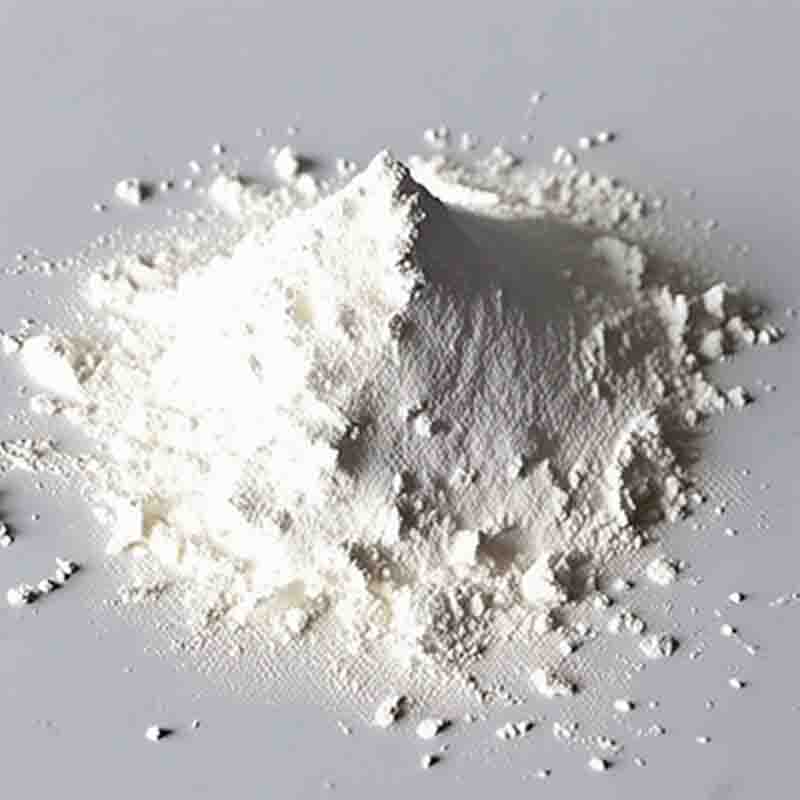3-Chloro-2-fluorobenzylbromide CAS:85070-47-9
| Catalog Number | XD96230 |
| Product Name | 3-Chloro-2-fluorobenzylbromide |
| CAS | 85070-47-9 |
| Molecular Formula | C7H5BrClF |
| Molecular Weight | 223.47 |
| Storage Details | Ambient |
Product Specification
| Appearance | White powder |
| Assay | 99% min |
3-Chloro-2-fluorobenzylbromide is a compound with distinctive properties that make it useful in different aspects of chemistry. This compound's structure consists of a benzyl group attached to a bromide atom, along with chlorine and fluorine atoms in specific positions. These unique features contribute to the compound's effects and applications.One effect of 3-Chloro-2-fluorobenzylbromide is its potential as a versatile building block in organic synthesis. The presence of the bromide group allows for substitution reactions, where the bromide is replaced with other functional groups or atoms. This substitution ability enables the introduction of the compound into various organic molecules, leading to the synthesis of diverse compounds. These compounds can be utilized in medicinal chemistry, material science, and other fields.In medicinal chemistry, the combination of the chlorine and fluorine atoms in 3-Chloro-2-fluorobenzylbromide can significantly affect the biological activity of drugs. The electron-withdrawing nature of these atoms can modify the molecules' electronic properties, influencing their interaction with biological targets. This alteration in molecular interactions can enhance the potency, selectivity, and pharmacokinetic properties of drugs, making them more effective and safe.Another important effect of 3-Chloro-2-fluorobenzylbromide is its potential as a reactive intermediate in organic reactions. The benzyl group, along with the attached bromide, can be used in various transformations, such as cross-coupling reactions, nucleophilic substitutions, and more. This reactivity allows for the synthesis of complex organic compounds by connecting different functional groups or building specific structural motifs, which are crucial in drug discovery and the development of new materials.Furthermore, the presence of both chlorine and fluorine atoms in the compound gives it unique physicochemical properties. For example, the chlorine atom contributes to the compound's hydrophobicity and lipophilicity, which can influence its solubility, partition coefficient, and membrane permeability. The fluorine atom provides steric effects and can influence the compound's conformation and reactivity. These properties make 3-Chloro-2-fluorobenzylbromide useful in drug design and formulation, where optimal solubility, permeability, and stability are critical factors.In conclusion, 3-Chloro-2-fluorobenzylbromide possesses distinct effects and applications in various fields of chemistry. Its structure allows for substitution reactions and synthetic transformations, making it valuable as a building block in organic synthesis. The chlorine and fluorine atoms in the compound can influence the biological activity of drugs and enhance their pharmacokinetic properties. Additionally, these atoms contribute to the compound's physicochemical properties, influencing solubility and permeability. Overall, the effects of 3-Chloro-2-fluorobenzylbromide make it a versatile compound with significant implications in medicinal chemistry, material science, and other areas of research and development.


